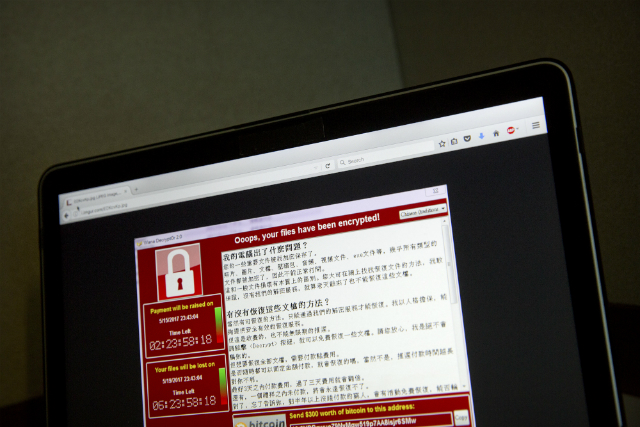
Credit: Mark Schiefelbein / AP Images
At this point, it's obvious that Russia attempted to influence the outcome of the 2016 Presidential election. But on the brink of another season of primaries and elections, the question becomes: what happens now? Is Russia going to get involved in the 2018 elections? And what, if anything, can America do about it? To answer these questions, we talked to Peter Singer, a senior fellow at the New America think tank, and author of Cybersecurity and Cyberwar: What Everyone Needs to Know.
Three Takeaways
- The most important part of Russia's strategy isn't hacking voter registrations or getting into people's emails. It's about hacking the conversation, especially on social media.
- Singer believes that Russia thinks differently about propaganda than America does. Dating back to Soviet days, their approach has been about trying to cause confusion, division, and mistrust.
- There are ways the US could respond, according to Singer. It could implement more sanctions on Russia, it could retaliate with cyber warfare of its own, or it could even take a page from Sweden's book and fund an anti-election-tampering agency. Mostly, these are not things we are doing.
More reading
- Russian election-meddling isn't just something that happens in America. WIRED takes a look at its impact on France.
- Here's a report from USA Today about how Facebook is attempting to wipe out election meddling before the 2018 elections.
- And Russia is far from the only country that's subverting democracy through social media. Buzzfeed examines how Cambodia's government uses Facebook to maintain power.

